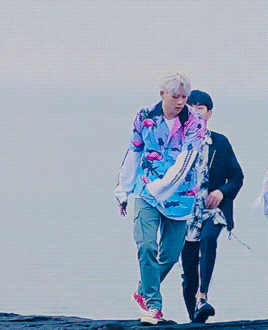

Whereas most of the time scientists in a field are working within a fixed _, which determines even what kinds of questions can be asked and what makes a theory 'good', during a _ the field almost reverts to the state of a _, (e.g.
#Robert knotes series#
Whereas scientific knowledge is often thought to accumulate gradually, Thomas Kuhn argues that instead it progresses through a series of _ alternating with periods of _.But science is capable of giving _ knowledge despite the subjective aspects of the work of individual scientists because of the requirement of _. While scientists are often thought to be unimaginative, their work actually requires _. Science is _ in that it is derived from and relates to experiment and observation.


What Do Scientists Do? and: How has Science Got Here? This is not the same, however, as simply adopting the view which scientists themselves have of science - and we will have to be similarly critical in other areas: a great artist is not necessarily the best person to explain to us on what grounds we call something a great work of art.ġ. Note that we will not be trying to tell scientists what they should be doing, but to understand more clearly how scientific knowledge has been arrived at, through the daily work of scientists, and how it is justified. In these terms, then, we will try to investigate the rules that science follows. A good starting point may be to think of science as a human or social activity with certain rules, so that someone who is not following the rules is just not doing science - just as someone who is not following the rules of chess is not playing chess. In this section we shall critically examine this belief. There is a widespread, though usually unspoken, belief that science is a source of reliable, objective knowledge about reality, or even the only such source and that scientific knowledge is certain and has been 'proved' in some sense. Having considered so far (a) a definition of knowledge, (b) some of the foundations of knowledge - perception, memory and language - and (c) logic, by means of which we are able to deduce new propositions from what is already known, we shall now look at the first system of knowledge, that of the natural sciences.

What Do Scientists Do? and: How Has Science Got Here?.


 0 kommentar(er)
0 kommentar(er)
